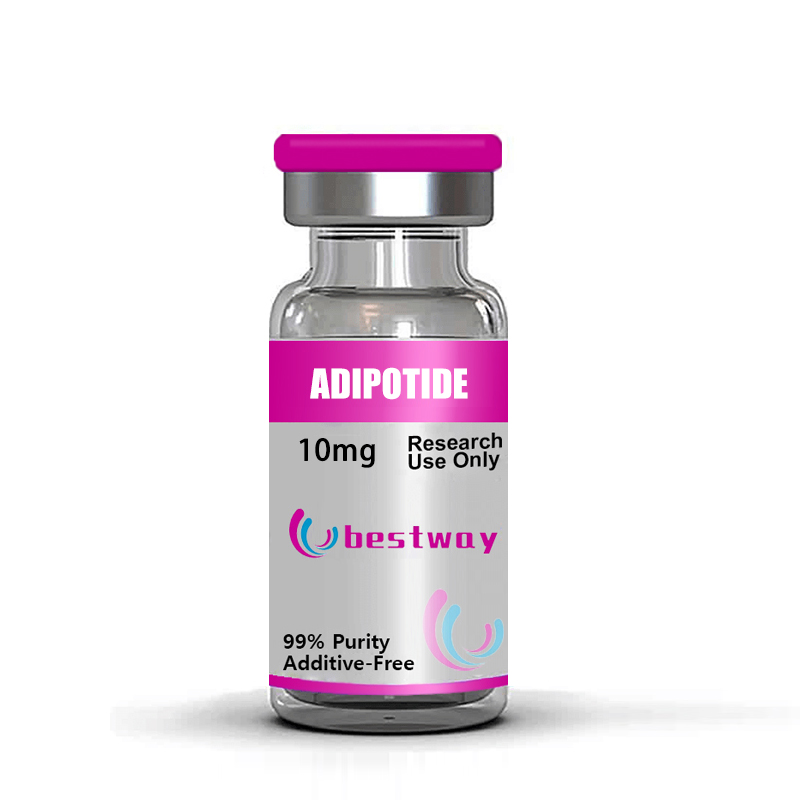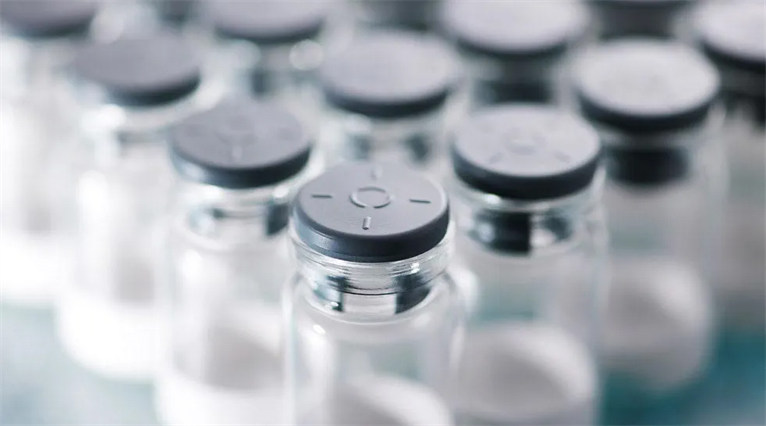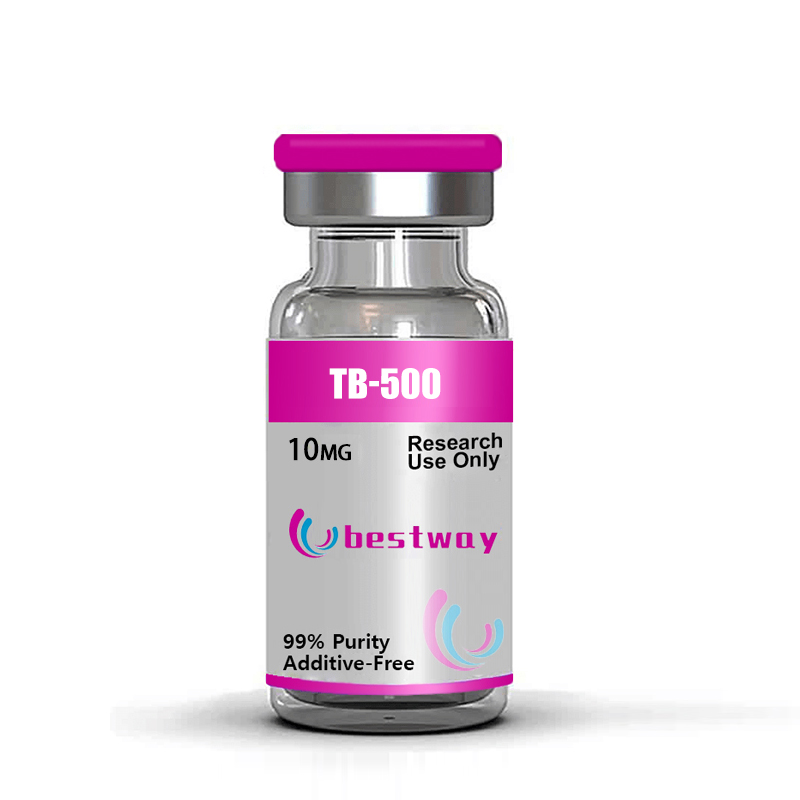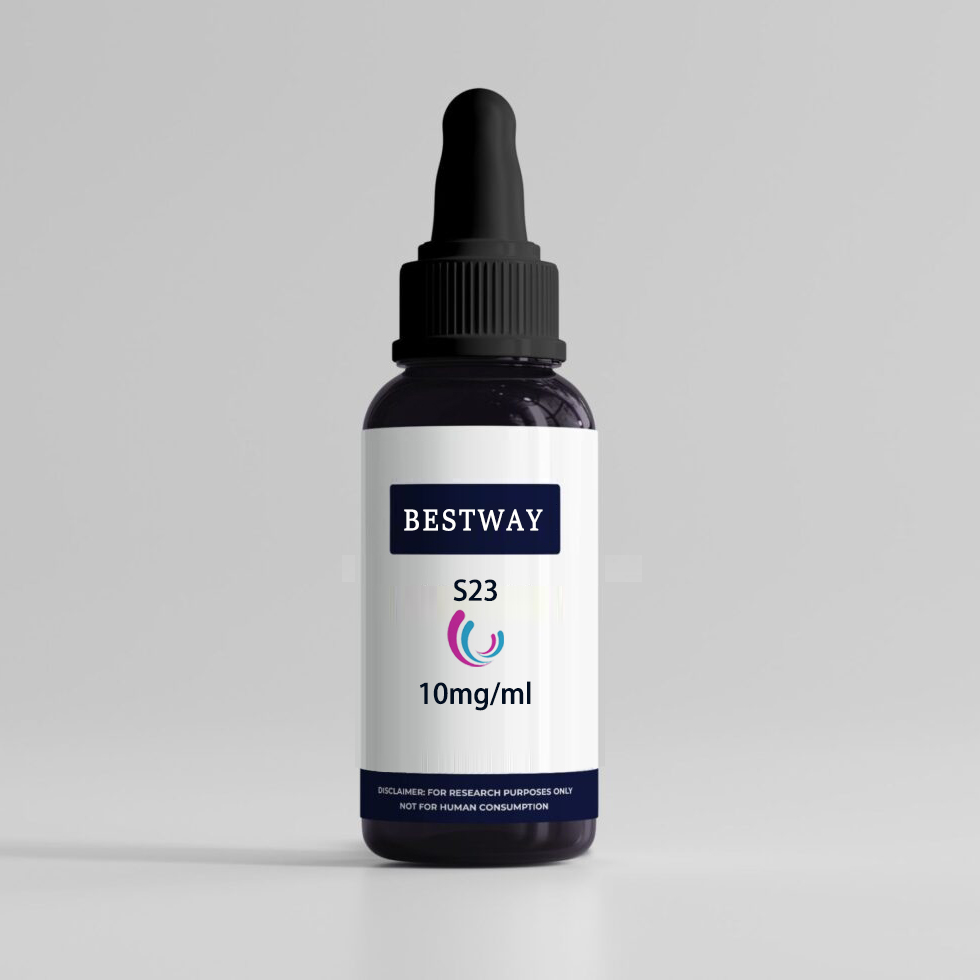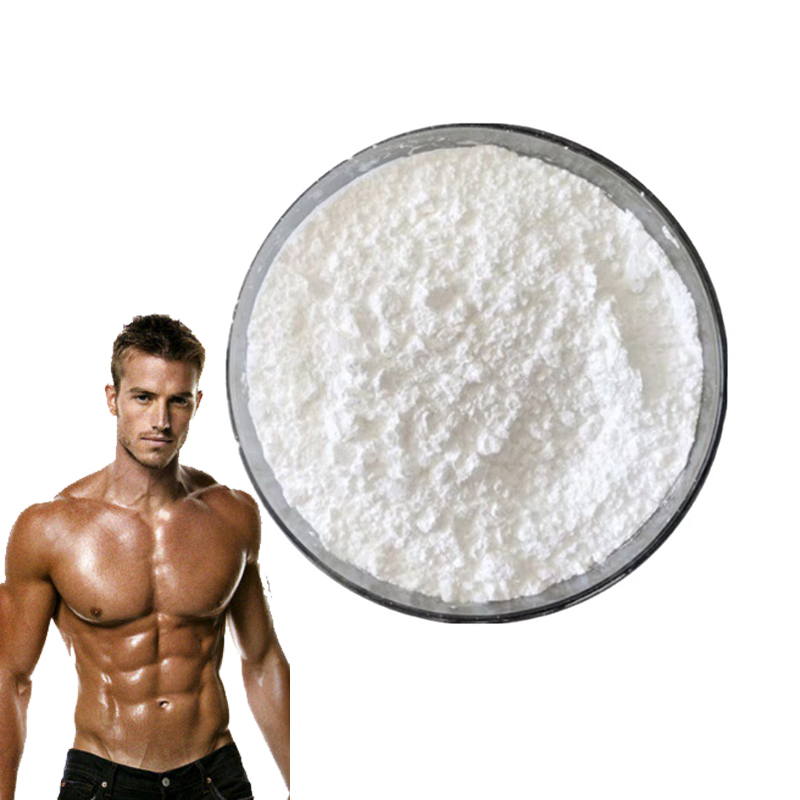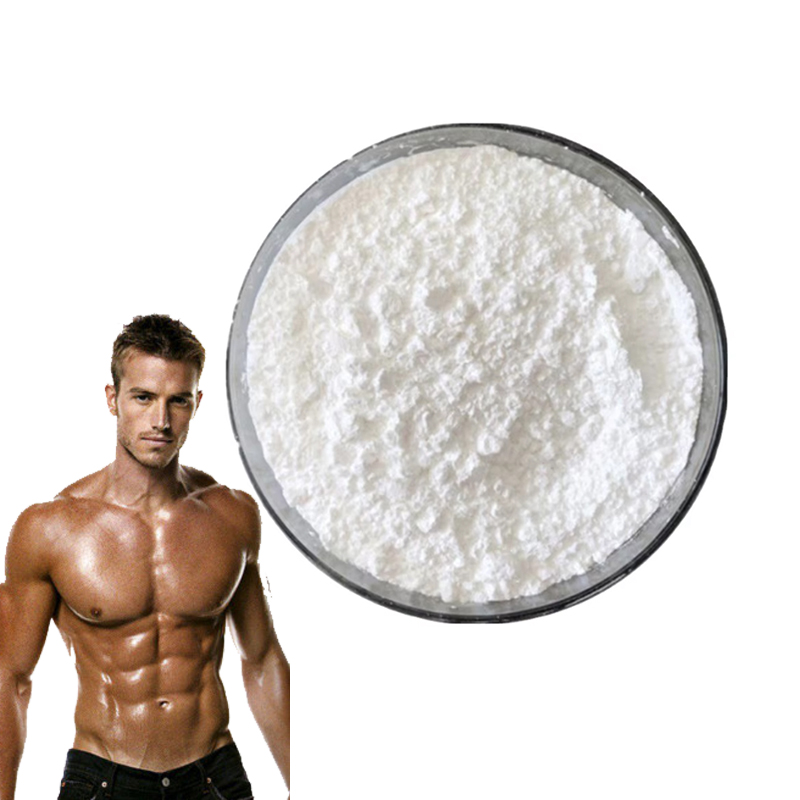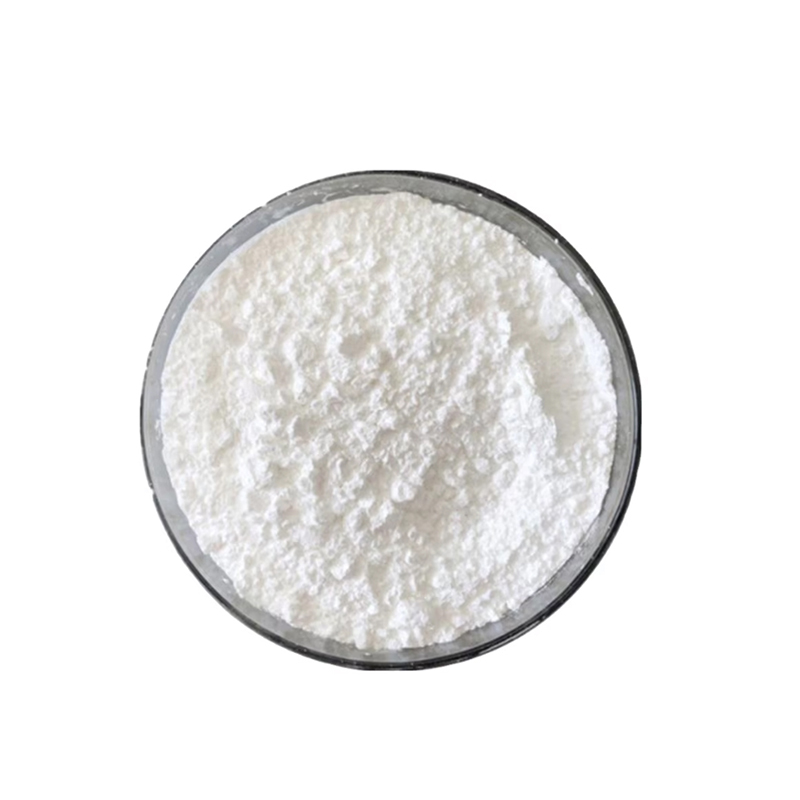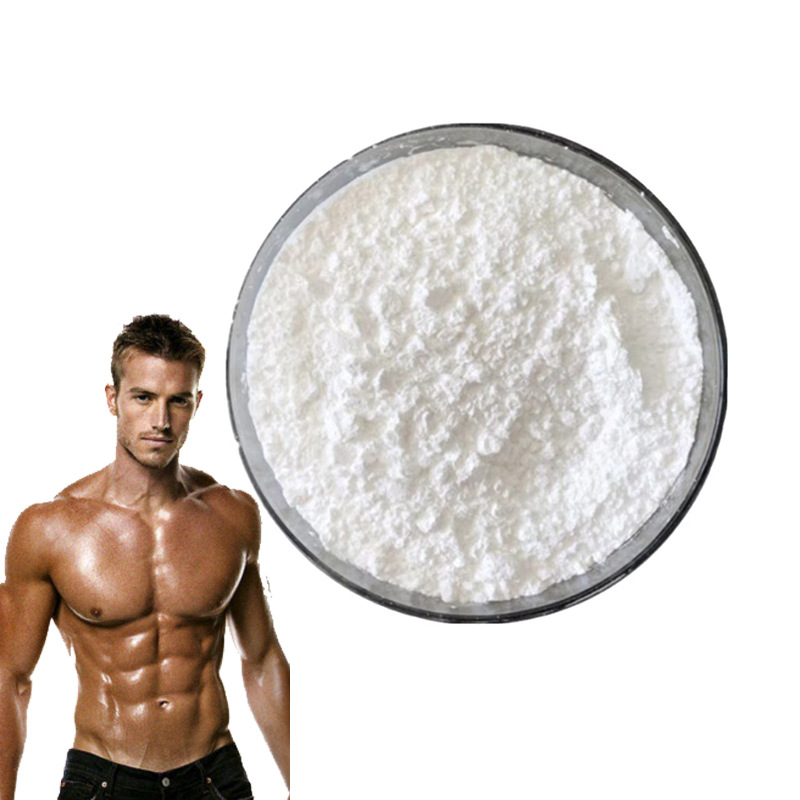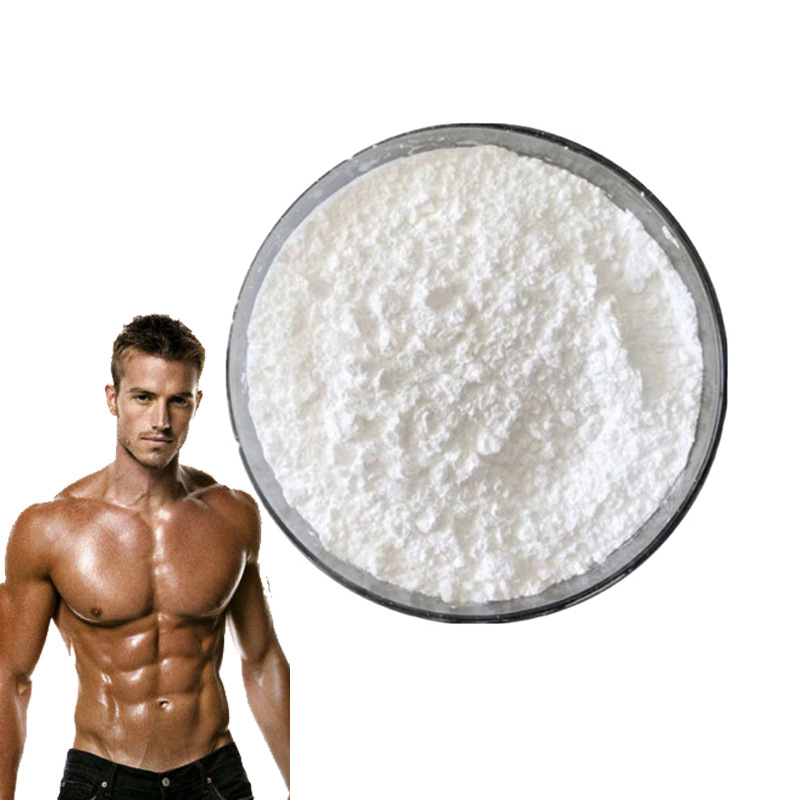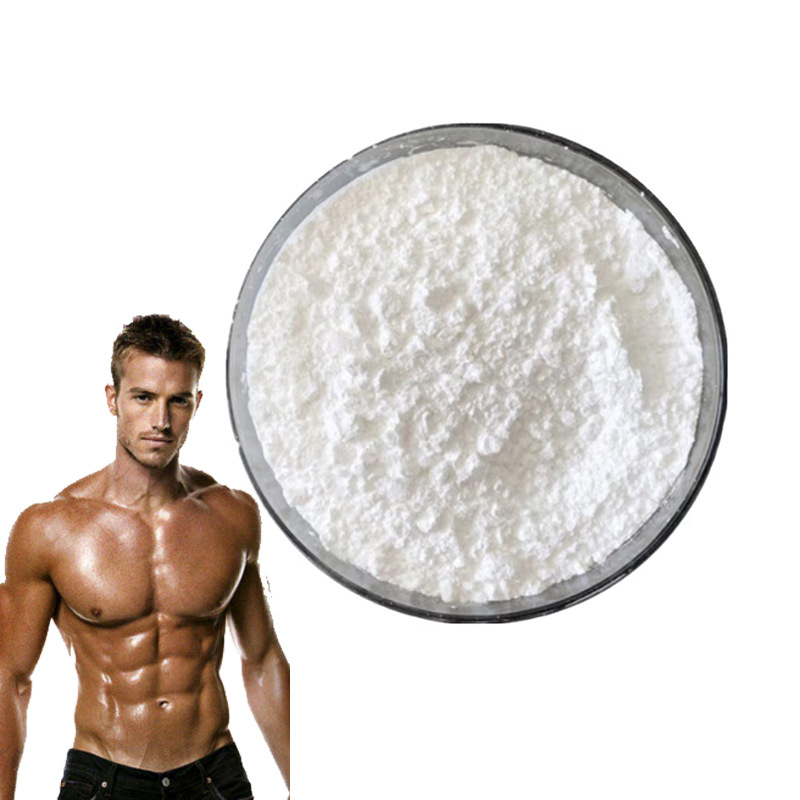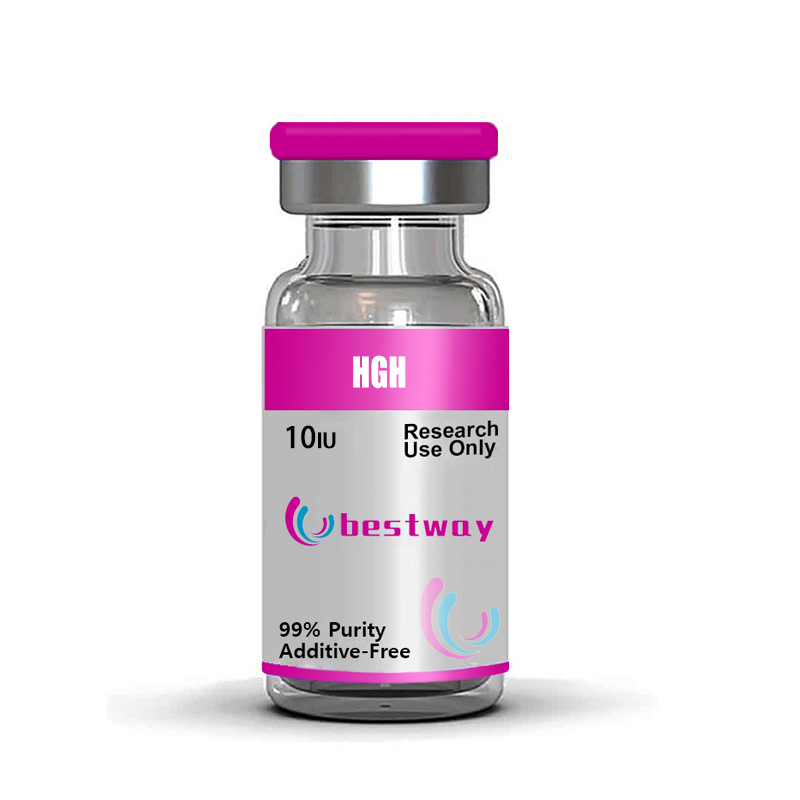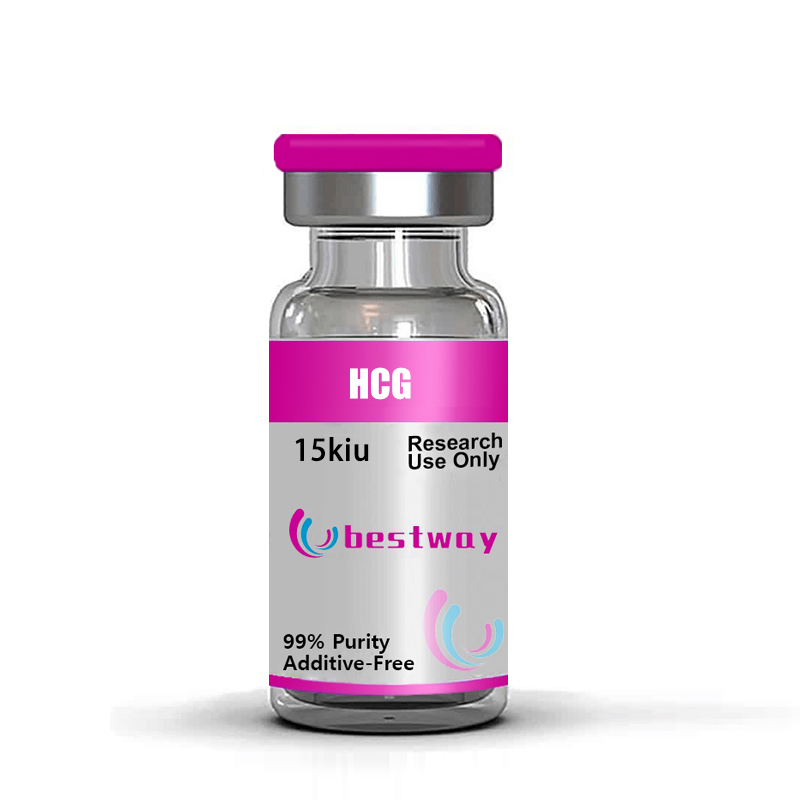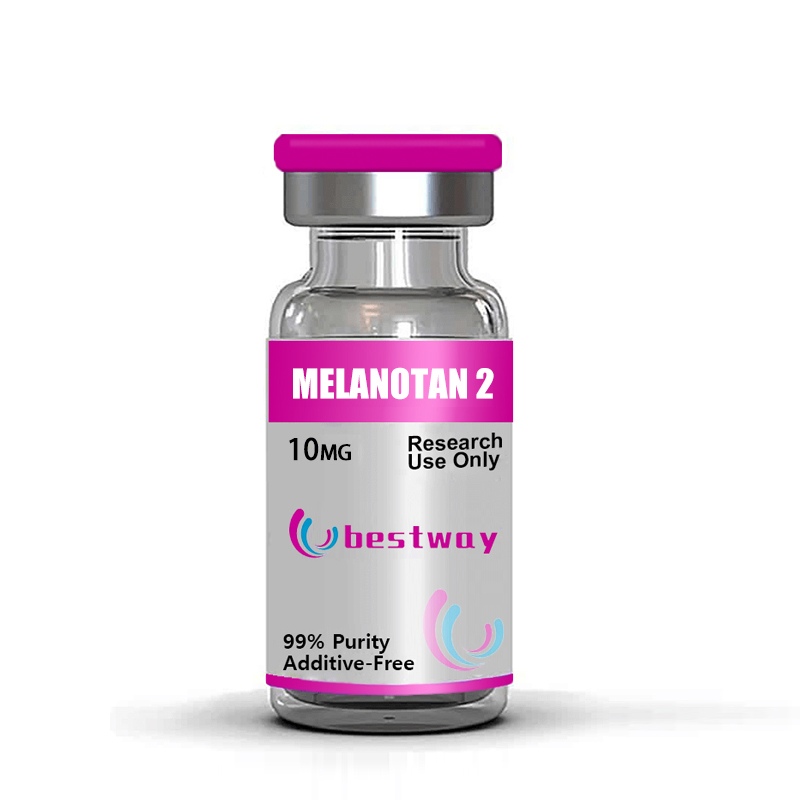AICAR Peptide
AICAR or 5-Aminoimidazole-4-carboxamide ribonucleotide, is a synthetic adenosine monophosphate analog. It was developed to stimulate the AMP-dependent protein kinase (AMPK) activity.[1,2] It is currently being investigated as a protective agent against ischemic damage in the cardiac myocytes during cardiac injury. The AMP-activated protein kinase is an enzyme and a protein that may play a regulatory role in several metabolic pathways. Its expression has been observed in several tissues, including the skeletal muscles, liver, and brain. In all these tissues, it is considered to exert a potential net effect on lipogenesis and may inhibit cholesterol synthesis and ketogenesis. It may also modulate insulin secretion and skeletal muscle fatty acid oxidation with glucose uptake. Several energy deficit states may trigger the release of AMPK, like hypoxia or hypoglycemia.
AICAR Research
AICAR AND THE HEART
AICAR has been researched for its potential two-way protective role in protecting the heart from the ischemia associated with CVD. Inflammation is considered to be a significant contributor to the disease pathology in atherosclerosis and other heart diseases. Research on rabbits posited that AICAR may suppress vascular smooth muscle proliferation. The control of vascular inflammation may reduce the risk of short-term and long-term complications of stent placement and may also contribute to the heart’s overall function. One of the immune responses that may trigger a heart attack is macrophage proliferation in response to high LDL levels. AICAR may play a role in suppressing this immune response.
AICAR has been studied for its potentially protective characteristics post-heart attack, with researchers suggesting that the peptide may act by delaying the process of cell death through preconditioning. By the same coin, AICAR, in an ischemic heart, has been suggested to possibly reduce the frequency and size of the infarct by up to 25%. It may also improve the overall blood flow to the heart.
One study aimed to investigate the mechanisms potentially involved in promoting myocardial glycogenolysis through the activation of AMPK.[5] The experiments were conducted using isolated working hearts from halothane-anesthetized murine models. The hearts were perfused in the absence or presence of AICAR, an adenosine analog suggested to activate AMPK and potentially penetrate cells. The researchers observed that AICAR appeared to have increased glycogen degradation (glycogenolysis) in the myocardium, while glycogen synthesis apparently remained unaffected. This finding suggests that AMPK activation may potentially play a specific role in glycogenolysis. Additionally, AICAR appeared to have increased the levels of myocardial 5-aminoimidazole-4-carboxamide 1-beta-d-ribofuranotide (ZMP), which is the active intracellular form of AICAR. However, AICAR did not appear to alter the activity of glycogen synthase (GS) and glycogen phosphorylase (GP) when measured in tissue homogenates, nor did it apparently affect the levels of glucose-6-phosphate and adenine nucleotides in freeze-clamped tissue. This finding potentially suggests that ZMP may hypothetically allosterically activate GP, potentially leading to glycogenolysis in the intact murine model heart.


